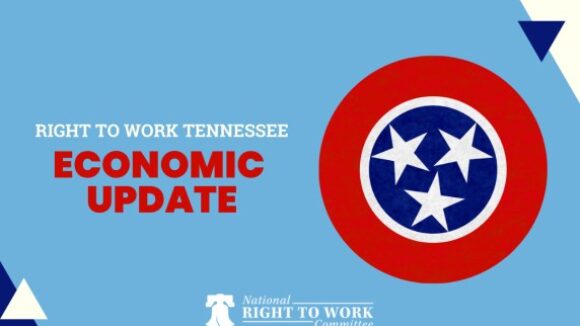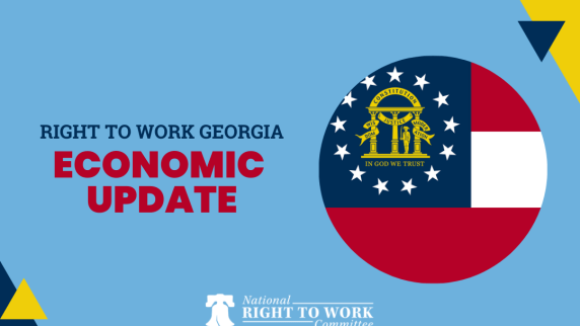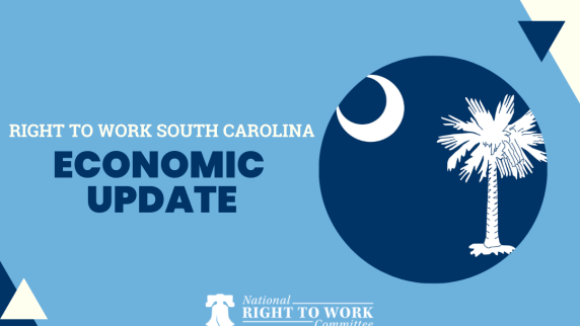Businesses Choose Right to Work Tennessee Over and Over
The most recent businesses making Right to Work Tennessee investments are 6K Energy, Kordsa, and Leclerc Foods.
 Early this week, the American Legislative Exchange Council (ALEC) released the seventh and latest edition of its “Rich States, Poor States” economic competitiveness report.
Early this week, the American Legislative Exchange Council (ALEC) released the seventh and latest edition of its “Rich States, Poor States” economic competitiveness report.
As an Investor’s Business Daily editorial on Monday explained, the “Rich States, Poor States” coauthors, economist Arthur Laffer, Heritage Foundation Chief Economist Steve Moore, and Jonathan Williams, director of ALEC’s Tax and Fiscal Policy Task Force, used “15 variables of spending, tax and labor policies that have been shown to be big factors for ‘the migration of capital — both investment and human — into and out of states'” to rank the 50 states for their economic outlook in 2014.
Though Right to Work status is just one of the 15 variables, it is very strongly correlated with a state’s overall economic prospects as measured by ALEC. In fact, all of the 16 highest-ranking states for 2014 economic outlook have Right to Work laws. But not one of the 15 lowest-ranking states protects employees’ Right to Work. (The full list is available at the link below.)
Another indicator of the powerful impact of a Right to Work statute on a state’s overall potential for growth is the record of Michigan, America’s 24th and most recent state to prohibit compulsory union dues. As recently as 2009, Michigan ranked 34 th among the 50 states for economic prospects. As Right to Work strength in the Michigan Legislature grew over the past few years the state’s ranking moved generally upward. By last year, when its Right to Work law took effect, Michigan’s ranking had risen to 17th, and this year it’s 12th.
Like other knowledgeable observers, the authors of the “Rich States, Poor States” study recognize that elected officials in states where forced union dues are permitted generally face far more political pressure to vote for higher taxes and more unreasonable red-tape regulation of business than their counterparts in Right to Work states. No wonder, then, that the process of passing a Right to Work law and the law’s actual implementation both have a strong positive effect on a state’s business climate.

The most recent businesses making Right to Work Tennessee investments are 6K Energy, Kordsa, and Leclerc Foods.

Companies investing in Right to Work Georgia include Meissner Corporation, Seohan Auto Georgia, and Zoetis.

Businesses investing in Right to Work South Carolina include BorgWarner, Scout Boats, SEM Wafertech and Solar4America, and FN America.